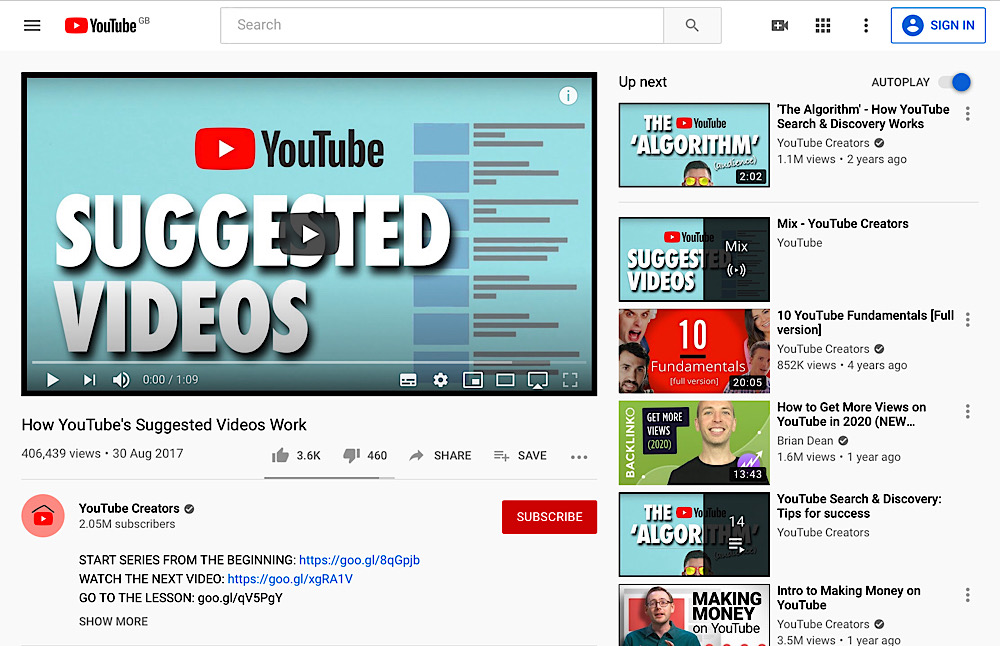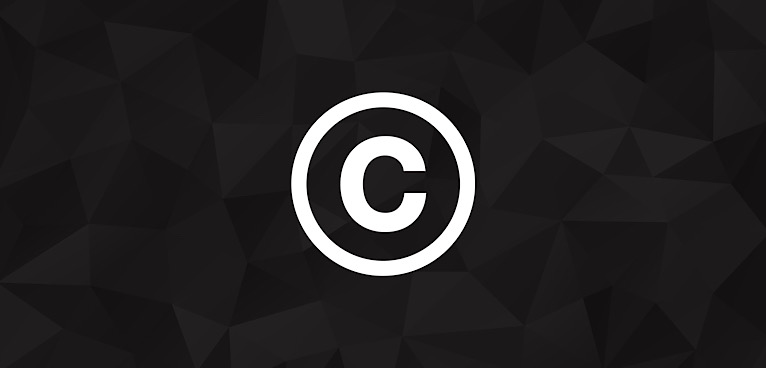In its recent report reviewing Section 512 of Title 17 of the Digital Millennium Copyright (DMCA), the US Copyright Office has suggested that Congress may want to remove some of the existing safe harbor protections that prevent sites such as YouTube from being held liable for direct copyright infringement on content posted by their users if they respond to takedown notices promptly.
The proposed reforms to the DMCA safe harbors could force social media platforms to fundamentally change the way they handle user-generated content and potentially prevent them from recommending this content in their algorithms.
In the report, the Copyright Office concludes that the section 512(c) safe harbors, which apply to YouTube and other platforms that host user-generated content, aren’t aligned with Congress’ original intent:
“It appears that courts have generally construed the categories of safe harbors in harmony with Congress’ original intent. The Office notes, however, that the current contours of the section 512(c) safe harbor are in tension with the original balance Congress sought to achieve. Specifically, the section 512(c) safe harbor shields an OSP from liability for monetary relief “for infringement of copyright by reason of the storage at the direction of a user of material that resides on a system or network controlled or operated by or for the service provider.”
The report then argues that the way these safe harbor protections have been expanded since the introduction of the DMCA may mean that it now protects activities beyond what Congress had initially anticipated or sought to protect:
“The Second and Ninth Circuits, along with their lower courts, have thus broadened the protections of the safe harbors to include services being done “by reason of” storage of the copyrighted material at the direction of a user. Such a broad interpretation of the activities covered by the section 512(c) safe harbors may result in protecting activities beyond what Congress initially anticipated, and perhaps beyond what Congress intends to protect.”
The Copyright Office specifically cites YouTube’s recommendation algorithm and similar recommendation algorithms on other platforms as an example of activities that may be beyond the scope of what Congress had initially sought to protect.
It argues that because these algorithms automate the process of content curation and promotion, a process that would have been performed by an online service provider’s (OSP’s) employees when the DMCA was crafted in 1998, this could put them beyond the scope of safe harbor protections:
“For example, the algorithm used by YouTube to identify ‘related’ clips has the ultimate effect of promoting specific content to a given user. By mechanizing a function that in the early days of the internet would have been done by the OSP’s employees (much as early search engines were created by hand, rather than the use of web crawlers), YouTube’s software—and similar content curating and promoting software on other platforms—may go beyond what Congress intended when it sought to protect an OSP from liability for “storage at the direction of a user of [potentially infringing] material.”

To bolster its argument, the Copyright Office suggests that services related to the storage of user-generated content, such as recommendation algorithms, aren’t mentioned in the original DMCA and that it’s “unconvinced” that Congress sought to protect such services:
“The Office is unconvinced that Congress, in 1998, intended to protect any additional services related to the storage of content, beyond the act of storage or providing access to the content. For the section 512(c) safe harbor, Congress excluded material that an OSP stores on its network through its own actions and not at the direction of a user, and the example Congress gave of a section 512(c)-eligible OSP was one providing server space for a website, chatroom, or other forum for user posts. The statute makes no mention of related services or of user experience.”
The Copyright Office concludes this section of the report by advising Congress to provide additional clarity to courts if related services such as recommendation algorithms are to be granted safe harbor protections:
“If Congress in fact intended section 512(c) to cover some related services, additional clarity to assist courts with the determination of where to draw such a line may be advisable.”
While Congress will ultimately make the final call when it comes to adopting any of these recommendations from the Copyright Office, stripping safe harbor protections from content that’s promoted in recommendation algorithms would have huge ramifications for the users of all social media platforms.
Such a change could in theory force YouTube and other social media platforms to stop recommending user-generated content entirely and provide a stronger incentive for these platforms to fully embrace either licensed mainstream media content or their own original content in order avoid any copyright issues.
Even without these potential copyright issues, YouTube has been aggressively promoting mainstream media outlets since 2016 and now around a quarter of the content on the platform comes from “traditional media.”













